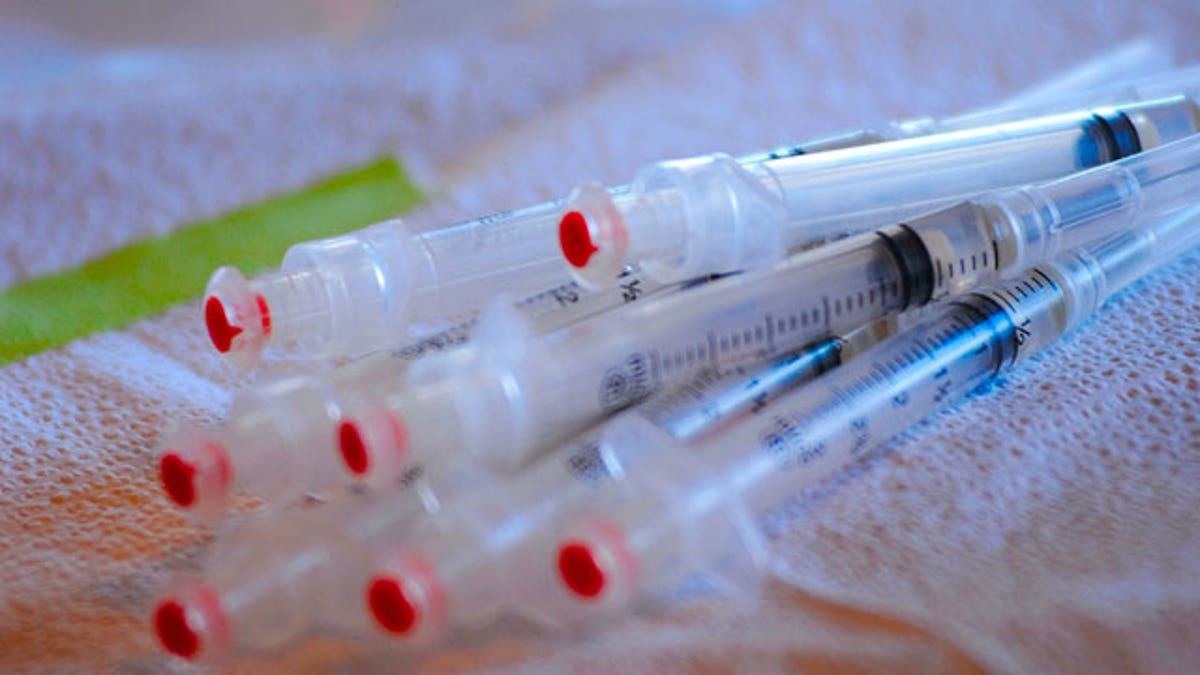
Research published today suggests that making more of the hormone testosterone causes men to have a weaker immune response to the flu vaccine than women.
In a report appearing in Proceedings of the National Academy of Sciences, researchers, led by Mark Davis of Stanford University, measured immune responses in 53 women and 34 men after a seasonal flu shot. The women's bodies produced more flu antibodies and cytokines, as expected.
Next, the researchers tested the subjects' blood serum responses to different influenza strains. They found the biggest difference between the sexes' infection-fighting abilities appeared when their blood was exposed to H3N2, a particularly virulent flu strain.
Finally, they identified two genes known to be associated with both poor immune response and metabolizing fat in the blood. The scientists found that these genes are regulated by testosterone. The higher the body's testosterone level, the weaker its immune response.
“To date, no clear associations have been found between biological and clinical differences in the immune response between males and females in humans,” the researchers wrote. “These results suggest that testosterone might be immunosuppressive...in humans, and indicate that its effect on an influenza vaccine and other immune responses could be due to the regulation of genes implicated in the metabolism of [fats].”
Learn How to Keep Your Immune System Strong So You Never Get Sick
Solving an Age-Old Mystery
These findings offer clues to a phenomenon that has long puzzled doctors and scientists. While women are well known for their ability to fight infections better than men, no one understood why.
While a robust immune response may sound like a good thing, it also can lead to health problems of its own. This new data may help explain why women are at greater risk for autoimmune diseases, such as multiple sclerosis and lupus.
“From an evolutionary perspective, the immunosuppressive effects of testosterone could be advantageous as a possible...mechanism to turn off the immune response,” the researchers noted. “Because males of many species are more likely to experience trauma than females, this positive effect of testosterone may also help to balance out the consequences of reduced immunity to infection.”
Ten years ago, researchers at the Mayo Clinic discovered that testosterone has an impact on immune responses in mice. At that time, they said the discovery could lead to better vaccines, quicker recovery after a bone marrow transplant, better HIV drugs, and improved treatments for cancer patients undergoing chemotherapy.
